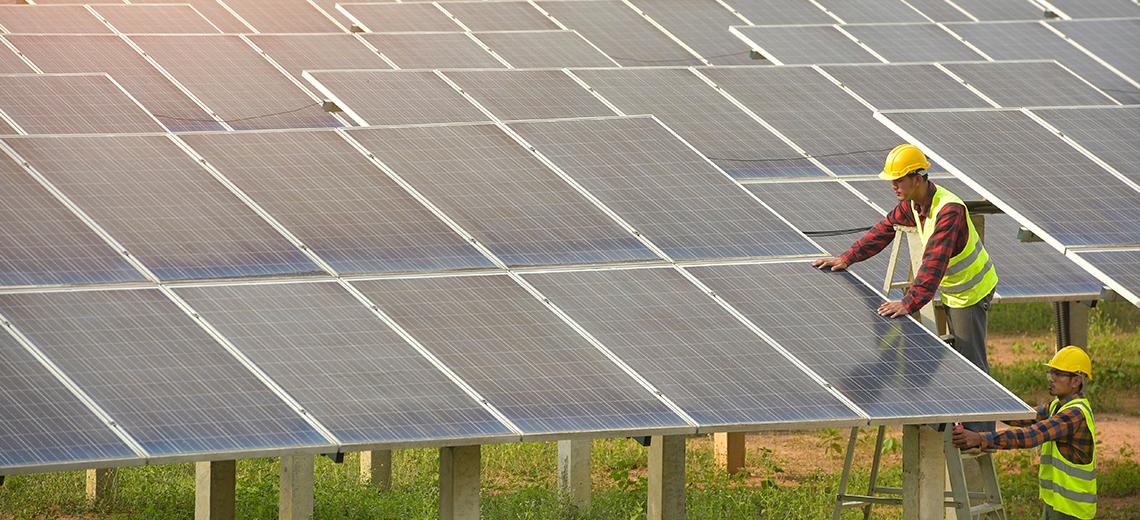
7 minute read
For university students, work-integrated learning is an integral experience before joining the workforce. Undergraduate students at The Australian National University (ANU) have the opportunity to gain such valuable knowledge by participating in the Special Industry Project (SIP) in Semester 2, 2021.
Offered by the ANU College of Business and Economics (CBE), SIP gives students not just a taste of the workplace, but a great sense of accomplishment. Students get hands-on to help resolve business issues for a diverse range of Australian organisations. Previous clients include the National Australia Bank, Royal Australian Mint, and Twofold Aboriginal Corporation, among others.
“SIP has become increasingly valuable to all stakeholders involved in the current business climate. We are so proud of the work produced by ANU students, who have truly immersed themselves in the SIP experiential learning environment. The industry clients consistently rate their business solutions as feasible and action-oriented. Through SIP, students have gained much-needed exposure to contemporary business practices and benefit greatly from Strategy& (the unit of PricewaterhouseCoopers that provides strategic advice to businesses) who have been mentoring students since the course’s inception,” says Associate Professor Vinh Lu, CBE’s Associate Dean (Advancement and Engagement).
In Semester 1, 2021, 35 SIP students split into seven teams to work on a range of business cases with the ACT Government's Economic Development Division. These included an analysis of the renewable energy sector, economics performance in relation to data analytics, and reporting on economic performance, investment attraction and skills data integration.
Canberra is becoming a world leader in clean energy innovation and a testbed for new technologies. SIP is an important step in shortlisting a range of options on how to build a thriving clean energy industry.
CBE student Aarfa Khan believes her involvement has made her feel better equipped for future career opportunities.
“Prior to SIP, I was only interested in quantitative roles. However, this experience led me to appreciate the necessity of undertaking qualitative research. The course has taught me techniques that I can use to integrate knowledge with different types of numerical analysis. For instance, I learned about methods for building up case studies from ground-zero. Following this course, I feel more open-minded and prepared for employment possibilities outside the quantitative sphere,” reflects Aarfa, who is pursuing a Bachelor of Actuarial Studies and Bachelor of Finance.
The ACT Government has been accelerating its efforts towards renewable energy innovation and investment, and regards SIP as “an important step” for its community.
"Canberra is becoming a world leader in clean energy innovation and a testbed for new technologies. SIP is an important step in shortlisting a range of options on how to build a thriving clean energy industry. The participating students looked at a range of strategies for sector development beyond 100 per cent renewable electricity target. The final reports focused on driving innovation in energy and transport industries, helping households save energy costs, and introducing new technologies and practices to the community. The standard of work, research and analysis was exceptionally high – we were impressed by the efforts and exceptional work delivered by all interns,” said Dr Genrikh Salata, Assistant Director, Business and Innovation within the ACT Chief Minister, Treasury and Economic Development Directorate.
The research, project evaluation, financial analysis, problem-solving methods and presentation pitches will collectively be the perfect practice for students and their future jobs.
ANU undergraduate students can apply now for the Semester 2,2021 SIP intake, where they will simulate a real-world consulting environment with renewable energy investment fund SolarShare, a business helping Canberra become home to Australia's largest community-owned solar farm.
David Maywald, a Non-Executive Director at SolarShare, believes this project will help bolster the students’ post-ANU career prospects, while providing them the chance to apply their efforts towards assisting sustainability initiatives.
“While developing the investment case for a real-life opportunity at SolarShare, students will work in small teams, and require a multi-disciplinary approach as well as extensive collaboration. The research, project evaluation, financial analysis, problem-solving methods and presentation pitches will collectively be the perfect practice for students and their future jobs. Being in the fields of sustainability and community energy will also contribute to broader social and environmental goals,” David says.
In May 2021, ANU became one of the first universities in Australia and the world to commit to reducing greenhouse emissions to below zero by 2030 through its ANU Below Zero Initiative.
“Through next semester’s SIP, students will work to solve a business challenge for SolarShare that will be related to potential investment opportunities, and their efforts will contribute to community energy and emissions reduction. Outcomes from this project and students’ efforts can be applied to the University’s decarbonisation goals,” shares Dr Igor Skryabin from the ANU Institute for Climate, Energy and Disaster Solutions, whose work is helping develop the University’s strategic climate change vision.
Applications for SIP in Semester 2, 2021 are open until Thursday 29 July 2021.
CBE will continue to offer SIP each semester and looks forward to seeing future solutions to business problems encountered by other organisations.
The College offers an extensive range of specialised programs. Click here for more details.
